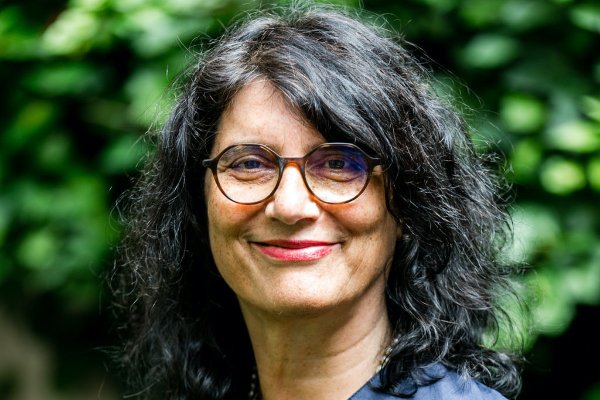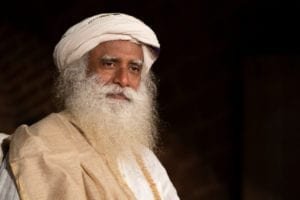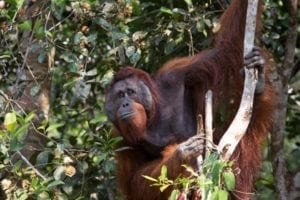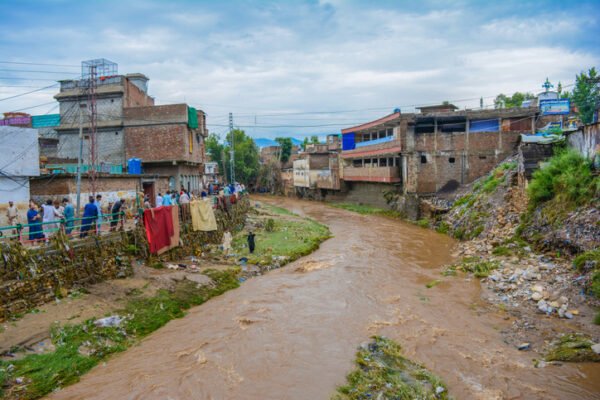This article first appeared in our COP27 special issue of My Green Pod Magazine, published on 11 November 2022. Click here to subscribe to our digital edition and get each issue delivered straight to your inbox
People are at the centre of any organisation’s sustainability strategy, but they don’t always feel like it.
The human element can get lost, making it hard for people to feel empowered or to demonstrate leadership that effects tangible positive change.
‘I think it is very natural that the human element has until now been missing from sustainability discourse’, says Liane Stephan, co-founder and co-managing director of the non-profit organisation Inner Green Deal. ‘Only now, when we see many new technologies and sustainability initiatives have brought no improvements, has it become clear that the human being is in the centre of all developments.’
In order to develop the technologies and behaviours we will need in the long run, Liane believes we need to change the way we think, feel and act – and this requires a level of self-reflection that isn’t easy in today’s society.
‘Our brain wants to survive in the present moment and change is exhausting’, Liane explains. ‘When we are stressed, we cannot change because we do not have the mental capacity at that moment. Since almost all organisations are stressed organisations – seeking quick solutions to mounting complex problems – it is very challenging, almost impossible to bring about systemic change.’
Change requires mental resources that many people lack in this unpredictable and fragmented, complex world. We are often tempted to look outside for the solution, and shy away from the knowledge that everything comes from us.
‘Deep down we know about the solutions that would lead to a better world’, Liane explains. ‘We also know as individuals, we should get rid of our car and consume less meat – yet we don’t.’ This cognitive dissonance – the gap between what we know and what we do – is the space where real transformation could occur.
Transforming hearts and minds
Liane and Jeroen Janss co-founded Inner Green Deal as parents concerned about the future of the next generations, and observers unconvinced by the apparent belief among company leaders and policymakers that technological innovations will get the climate crisis under control.
‘The last ICP mentioned, for the first time, that too little attention is paid to the inner dimension of sustainability, meaning the mindset’, Liane tells us. ‘We realised that, with evidence-based and holistic approaches, we could bring about exactly that: a change in behaviour and a systemic and long-term view of the world that would result in a paradigm shift – especially among decision makers.’
The Inner Green Deal offers evidence-based, holistic and mindfulness-based programmes for decision-makers, social entrepreneurs and facilitators.
Based in Cologne and Brussels but with a growing global community, it cultivates collaboration, systems thinking and a widening sense of care; it is about transforming hearts and minds for a more sustainable world.
The name was inspired by the European Union’s Green Deal; the goal of the programme is to balance the EU’s focus on outer transformation – of technology, infrastructure and policymaking – with the human transformation that Liane believes will shift mindsets and culture.
‘The Inner Green Deal means to make an inner deal with oneself, a group or an organisation to actively create a paradigm shift towards a world of compassion, care, clarity and courage’, she summarises.
Discover your calling
The Inner Green Deal programme is run by trainers around the world; each is an expert in their respective field, but all share expertise in facilitating inner change through evidence-based as well as holistic methods.
‘All our international trainers have a long history and field experience working in corporations or for governments’, Liane tells us, ‘and all have a practise of their own that they use to stay
connected to themselves.’
By hosting the majority of its climate leadership programmes online, the Inner Green Deal is able to bring an organisation’s managers or employees together, wherever the individuals and teams are based.
There is also a programme of retreats, such as the Nature or Fellowship programmes, plus training courses for facilitators or community leaders.
’We have everything from three-hour workshops to eight-module programmes and longer journeys – plus everything in between’, Liane reveals. ‘The five- to eight-module programmes stretch over about three months; each module is roughly two hours long and ends with an Action Lab and reflection on how to integrate learnings into attendants’ personal and professional lives.’
Each Inner Green Deal programme always includes a combination of inner and outer transformation, because both are understood to be equally important.
‘Research shows the links between higher levels of compassion for others and increased pro environmental behaviour’, Liane tells us, ‘so we seek to cultivate compassion in our programmes – but we don’t stop there. We also invite people to deeply reflect on how they can contribute, and consider how their talents and their experiences and resources could help to meet needs in the world.’
A lot of space is created to help people get a clearer understanding of their calling, as this is seen as crucial to motivating action. People are then encouraged to explore links between various themes and callings; when there are clusters of interests, people are guided through a process of collaboration in an Action Lab where they identify a sustainability problem and develop a working prototype to address it.
Importantly, this Action Lab is followed by a process of deep reflection where people seek how to continue and integrate their learnings and new initiatives at work and at home.
‘Participants should be motivated to change and have an impact on their organisation and its strategic sustainability goals’, Liane concludes. ‘They do not need any previous experience; our social learning platform and the accompanying app will give participants the necessary knowledge in the field of climate change and a sustainable economy.’
 Play Video about This Rock Might Just Save The World
Play Video about This Rock Might Just Save The World Play Video about Play 2 hours of rock
Play Video about Play 2 hours of rock Play Video about Play 2 hours of brook
Play Video about Play 2 hours of brook Play Video about Play 2 hours of sheep
Play Video about Play 2 hours of sheep















































